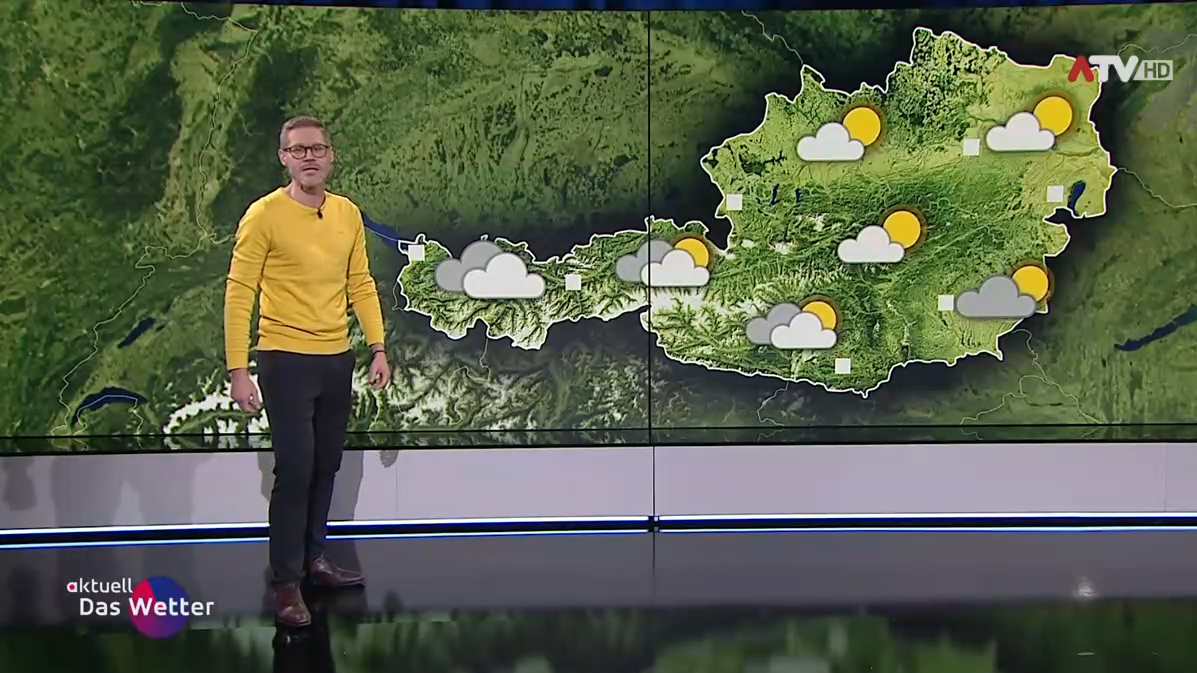
Introduction to Wetter Weather Patterns
The phenomenon of wetter weather patterns has become increasingly prevalent in the UK, with significant implications for agricultural practices, infrastructure, and daily life. As climate change accelerates, the changes in weather patterns are becoming more noticeable. Recent reports indicate a definitive increase in rainfall across various regions of the UK, raising concerns for communities and researchers alike.
Current Wetter Trends in the UK
In recent months, areas such as the North West of England and Wales have experienced above-average rainfall, leading to heightened flooding risks. According to the Met Office, October 2023 has seen rainfall totals increase by approximately 40% compared to historical averages for this time of year. Furthermore, regions that are historically dry are now witnessing more frequent and intense downpours.
One of the major drivers of this wetter trend is linked to atmospheric changes due to climate factors. The Gulf Stream’s weakening has affected weather systems across Europe, resulting in more prolonged periods of rain in the UK. This year, the combination of warmer air and increased moisture availability has led to significant weather events.
Impact on Agriculture and Daily Life
The agricultural community is particularly affected by these wetter conditions. Farmers are struggling with crop management due to saturated fields and unseasonable weather patterns. The National Farmers’ Union has raised alerts regarding crop yields, as prolonged wet conditions make it challenging to harvest and sow crops.
Moreover, local infrastructures are being tested. Flooding in urban areas has led to road closures and disruptions in transport services. Authorities are working closely with emergency services and environmental agencies to mitigate flooding risks and restore affected areas swiftly.
Looking Ahead: Conclusions and Forecasts
The trend towards increasingly wetter weather in the UK appears set to continue, with projections suggesting that rainfall may increase through the coming winter months. Met Office climatologists predict that the risk of flooding will rise, with government agencies advised to prepare for potential climate impacts. Rainwater harvesting initiatives and sustainable drainage systems are some of the measures being considered to combat the negative effects of wetter patterns.
In conclusion, as wetter weather becomes more common across the UK, understanding its impact is crucial for preparing for the challenges that lie ahead. Continued research and adaptive strategies will be essential in managing the changing weather landscape, impacting everyone from farmers to urban planners.
You may also like

Discovering Yehvann Diouf: A Future Football Star

The Rise of Alfie Lloyd: A Fresh Voice in Music
